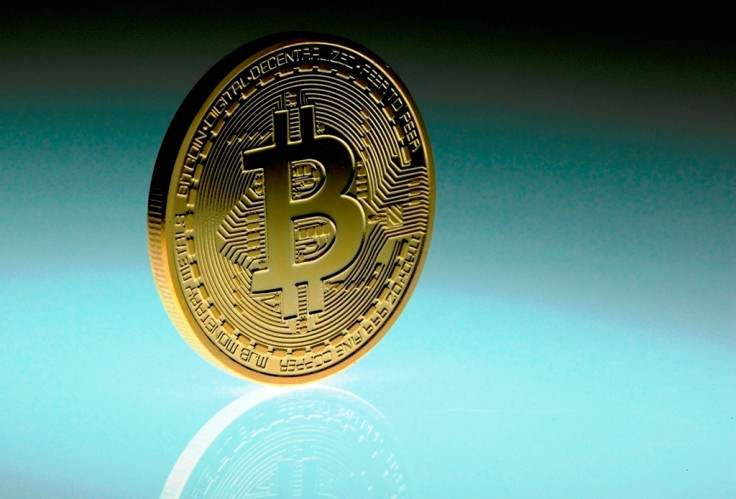Tech Savvy California Moves Closer to Legalise Bitcoin

The US state of California is moving closer to legalise digital currencies such as bitcoin, as a state bill with the proposal awaits final approval from the Governor, CoinDesk reports.
California, which is home to the country's tech hub Silicon Valley, has been a hotbed of bitcoin activity. According to a CoinDesk analysis, 40% of bitcoin professionals hail from California.
The California Senate Banking and Financial Institutions Committee earlier passed the Assembly Bill 129 by a 7-1 vote.
The bill that was authored by Assembly member Roger Dickinson is aimed at recognising digital currencies along with a number of other forms of value including points and coupons as lawful alternatives to the US dollar.
Nevertheless, the state-backed currency would still have legal superiority over other forms of money.
The bill repeals an outdated restriction on the use of anything but the US dollar as currency. The restriction indicates that anyone using alternative currency is in violation of the law.
"In an era of evolving payment methods, from Amazon Coins to Starbucks Stars, it is impractical to ignore the growing use of cash alternatives," Dickinson said.
"This bill is intended to fine-tune current law to address Californians' payment habits in the mobile and digital fields."
The state senate passed the bill on 19 June by a 7-1 vote, and the Assembly floor passed it on 23 June by 52-11.
Now, California Governor Jerry Brown will take the final decision on the bill.
Dickinson earlier told CoinDesk that the bill reflects the government's neutral approach to bitcoin regulation rather than its support to the local tech savvy ecosystem.
Based on its research titled 'New Private Monies: A Bit-Part Player?' the Institute of Economic Affairs earlier opined that governments should welcome competition between state-backed and private currencies in order to "offer consumers greater choice and improved quality."
Bitcoin, the most popular among digital currencies, was launched in 2008 and is traded within a global network of computers. They can be transferred without going through banks or clearing houses, reducing fees involved in the services significantly.
The virtual currency exists as software and is not backed by any country or banking authority.
The number of retailers who accept the digital currency as payment option has been increasing, as it gained more in popularity and value.
© Copyright IBTimes 2025. All rights reserved.






















